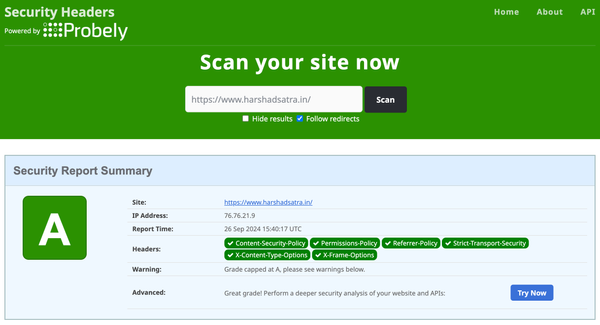Taming the Dependency Beast: A Guide to Stable and Maintainable Libraries

This guide dives into the world of dependencies for libraries and frameworks. While dependencies aren't physically present in your code, managing them effectively is crucial for your project's stability and long-term health.
Here are key strategies to keep your dependencies under control:
Choosing Wisely
- Select dependencies strategically: Consider factors like active development, community support, and alignment with your project's goals.
Version Control
- Specify exact versions: Pin down your dependencies to specific versions in configuration files to avoid unexpected updates breaking your code.
- Lock them in: Utilize tools like
package-lock.json(Node.js) to ensure everyone on your project uses the same dependency versions.
Balance Updates and Stability
- Stay updated, but cautiously: Updating dependencies provides bug fixes and new features. However, thorough testing is crucial after each update to catch compatibility issues.
- Security first: Employ tools like
npm audit(JavaScript) orsnykto identify security vulnerabilities in your dependencies.
Clarity is Key
- Document peer dependencies: Clearly outline any dependencies your library relies on but doesn't include. This helps users understand what additional installations are required.
- Minimize dependencies: Aim for a lean and focused library with fewer dependencies for easier management.
Automation and Testing
- CI/CD for the win: Implement a CI/CD pipeline that automatically checks compatibility and runs tests when dependencies are updated, catching issues early.
- Document dependencies: Clearly state required dependencies and versions in your README or documentation.
User-Friendliness
- Offer alternatives: Consider providing fallbacks or alternative options for specific dependencies if they aren't available or user-preferred.
- Backward compatibility: Whenever possible, strive for backward compatibility in your library to avoid breaking existing user implementations.
- Communicate changes: If significant changes or dependency deprecation are planned, inform users with clear migration guides.
Testing and Security
- Rigorous testing: Thoroughly test your library with various dependency versions to ensure compatibility.
- Static code analysis: Leverage static code analysis tools to identify potential dependency issues within your codebase.
Advanced Management
- Monorepo approach (optional): In some cases, using a monorepo can streamline dependency management across multiple packages.



